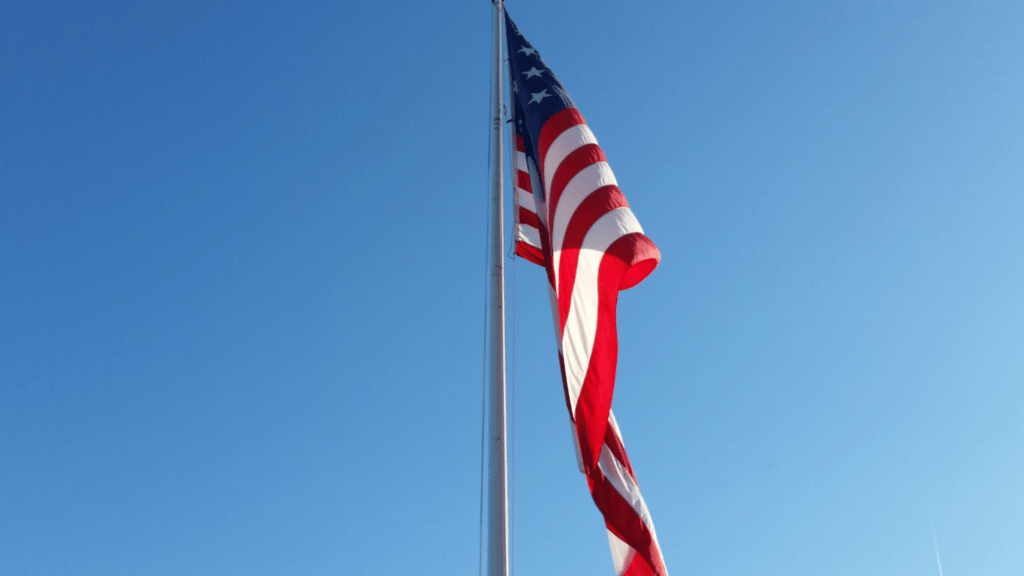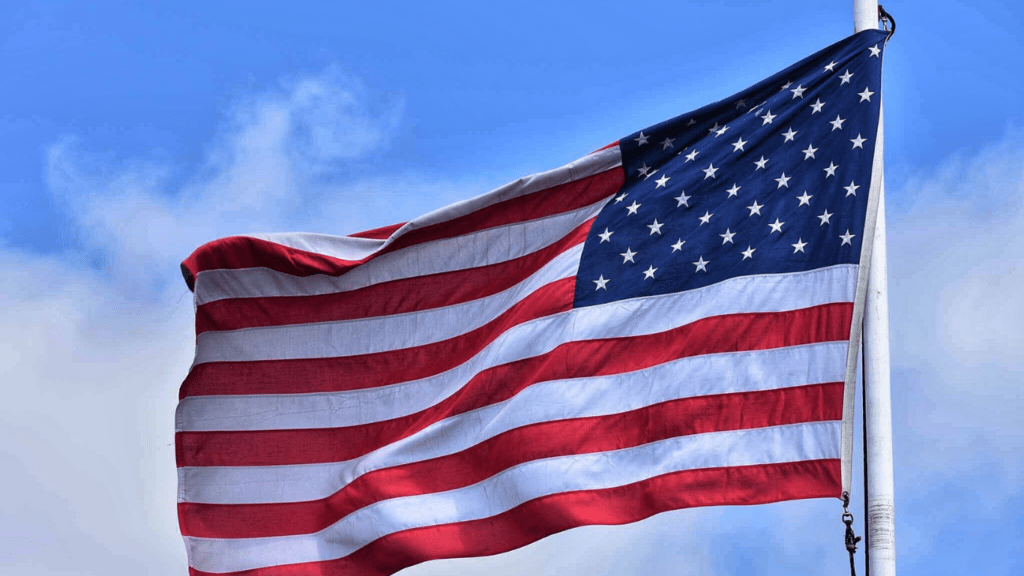I’ve watched with keen interest as legalized sports betting has swept across the U.S., transforming the landscape of both sports and gambling. In 2024, this trend continues to evolve, with more states embracing the potential economic benefits while grappling with regulatory challenges.
The ripple effects are undeniable, impacting everything from state revenue to the way fans engage with their favorite sports. As someone who’s followed this development closely, I’ve noticed how it’s reshaping local economies and influencing sports culture.
The influx of new bettors has led to increased viewership and engagement, but it’s also raised questions about responsible gambling and the integrity of sports. With each state navigating its own path, the varied approaches offer a fascinating glimpse into the future of sports betting in America.
Overview of Legalized Sports Betting
Legalized sports betting has rapidly expanded across the U.S., with over 30 states adopting unique regulatory frameworks by 2024. This surge has attracted significant investments, enhanced local economies, and enabled state governments to implement tax regimes that support public services, with New Jersey alone generating over $1 billion in taxes since legalizing sports betting in 2018.
Technological advancements, particularly through online platforms and mobile apps, have driven participation in sports betting, ensuring user-friendly access and secure transactions. However, this growth has also raised regulatory challenges, prompting states to establish compliance measures to address fair play and gambling addictions, with Nevada serving as a model for transparency and integrity in the industry.
Historical Context and Legislation
The history of legalized sports betting in the U.S. is marked by pivotal changes and court rulings. A brief look into its evolution offers insights into the current landscape.
Timeline of Legalization
Sports betting’s journey began in the mid-19th century with informal wagers on horse races. In 1992, the Professional and Amateur Sports Protection Act (PASPA) restricted sports betting nationwide, except in a few states like Nevada. In 2018, the Supreme Court’s decision to overturn PASPA dramatically shifted the landscape, enabling states to legalize betting. By 2024, more than 30 states had enacted laws, reflecting a major transformation.
Key Legislation and Court Rulings
- Overturning PASPA: Enacted in 1992, PASPA prohibited sports betting in most states, establishing Nevada’s monopoly. However, the 2018 Murphy v. NCAA ruling overturned this legislation, allowing states to independently regulate sports betting.
-
Influence of Existing Laws: The Wire Act of 1961, originally aimed at combating organized crime, currently restricts interstate betting but permits intrastate activity. Additionally, the UIGEA of 2006 continues to affect online sports betting regulations by targeting online gambling transactions.
Economic Impact
The legalization of sports betting in the U.S. has transformed economic landscapes. It’s generating substantial revenue and creating new job opportunities.
Revenue Generation
Sports betting has become a significant revenue stream for states across the U.S. Many states like Pennsylvania and Illinois have reported billions in total handle, or amount wagered, driving increased tax revenue.
According to the American Gaming Association, legal sports betting contributed $1.5 billion in taxes in 2023. This influx supports education, infrastructure, and health services, providing states with financial flexibility. Online and mobile wagering platforms have further amplified revenues by attracting a broader audience.
Employment Opportunities
The sports betting industry has opened New doors for employment. From customer service representatives to software developers, the sector is hiring across various roles. For example, major operators like DraftKings and FanDuel have expanded their teams, increasing job opportunities nationwide.
A 2022 report from Eilers & Krejcik Gaming estimated that the industry supported over 200,000 jobs. This growth not only benefits individuals but also bolsters local economies as increased employment leads to higher consumer spending.
Social and Cultural Effects
Legalized sports betting in 2024 is reshaping social norms and cultural behaviors across the U.S. Its growing acceptance mirrors shifting perceptions and influences various aspects of American life.
Changing Perceptions of Sports Betting
Perceptions of sports betting have shifted significantly, with widespread acceptance growing over recent years. Once viewed as a vice, sports betting now appears regularly in mainstream entertainment and media.
This normalization has led to increased participation across diverse demographics, from casual fans to seasoned bettors. Sports leagues and media outlets also contribute by integrating betting content into broadcasts and coverage, reflecting a cultural embrace of this aspect of sports entertainment.
Effects on Sports Viewership and Participation
Legalized sports betting boosts viewership and participation in sports. Fans engage more deeply through live bets and fantasy sports, enhancing their viewing experiences. The option to bet on games contributes to a rise in television ratings and digital streaming numbers.
Additionally, local sports initiatives and youth leagues benefit as increased revenue from sports betting reinvests into these programs, fostering participation and interest at grassroots levels.
Challenges and Concerns
Legalized sports betting brings numerous benefits, but it also presents several challenges and concerns that warrant attention.
Gambling Addiction and Support Systems
Increased sports betting activities heighten the risk of gambling addiction. As more individuals engage, vulnerable populations like young adults and compulsive gamblers face greater exposure. The need for robust support systems becomes crucial.
Effective initiatives involve partnerships with mental health professionals and the creation of accessible counseling services. States like New Jersey and Pennsylvania are developing self-exclusion programs and funding hotlines to assist those affected.
Regulatory and Compliance Issues
Ensuring compliance across state lines poses challenges due to varying regulations. Each state maintains distinct rules for licensing, tax rates, and operational standards, leading to complex compliance landscapes for operators.
This fragmentation creates disparities that complicate interstate cooperation and enforcement. Maintaining fair play and preventing illegal activities require comprehensive regulatory frameworks. States often look to Nevada’s model for guidance, but adapting and implementing tailored solutions is vital for uniform integrity.
Future Outlook
The impact of legalized sports betting in the U.S. appears optimistic as the industry continues to evolve. Regulation advancements and technological innovations will likely shape its trajectory in 2024 and beyond.
Trends and Developments in 2024
Legislative adaptations will likely be pivotal. Several states are considering adopting more flexible regulatory frameworks to accommodate technological shifts and market demands. Mobile and online sports betting will grow dramatically, with projections indicating a combined market value exceeding $15 billion. Developments in live betting and artificial intelligence-driven analytics offer personalized experiences, enriching fan engagement.
Major sports leagues may deepen collaborations with betting platforms, creating novel sponsorships and interactive content opportunities. Social media integration will expand, driving community-oriented betting experiences. Cross-platform interoperability will lead to increased user engagement across various devices and mediums, enhancing accessibility and user satisfaction.
Predictions for Legal and Social Changes
Legal landscapes will likely shift, with federal clarifications potentially emerging to standardize sports betting regulations across states. A unified legal framework could simplify interstate transactions and enhance cooperation among regions, supporting consumer protection and ensuring industry integrity.
Social acceptance of sports betting will likely continue to rise, norming across all age demographics. State-led initiatives to promote responsible gambling and support programs tackling addiction will increase. Educational campaigns will target younger audiences to embed a culture of safe gambling practices.
Overall, the future of legalized sports betting promises growth, driven by technological advancements and evolving legislative frameworks. This landscape gives legislators, operators, and enthusiasts opportunities to shape sports betting’s role in American society.


 Elijah Westacott played a pivotal role in the development of Bounce Casino Ball, contributing his technical expertise and innovative ideas to shape the platform. His deep understanding of the casino industry and commitment to enhancing user experience helped create a site that delivers both valuable information and seamless functionality. Elijah’s efforts have been crucial in ensuring that the platform remains up-to-date with the latest trends and provides an engaging experience for casino enthusiasts.
Elijah Westacott played a pivotal role in the development of Bounce Casino Ball, contributing his technical expertise and innovative ideas to shape the platform. His deep understanding of the casino industry and commitment to enhancing user experience helped create a site that delivers both valuable information and seamless functionality. Elijah’s efforts have been crucial in ensuring that the platform remains up-to-date with the latest trends and provides an engaging experience for casino enthusiasts.